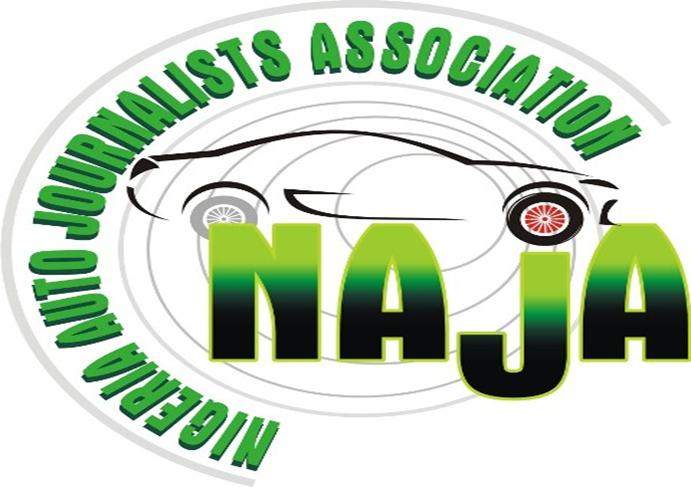
The race for Nigeria’s premier automotive accolade—Car Assembly Plant of the Year—has intensified, with Innoson Vehicle Manufacturing (IVM) taking on industry heavyweights Mikano International and GAC Motors.
This award, scheduled for December 11 at the Oriental Hotels, Victoria Island, a highlight of Nigeria’s automotive industry calendar, celebrates excellence in local assembly, innovation, and contributions to Nigeria’s automotive ecosystem.
Innoson Vehicle Manufacturing (IVM), Nigeria’s first indigenous vehicle manufacturing company, has long positioned itself as a leader in producing vehicles tailored to the local market.
Known for its affordability and focus on durability in harsh terrains, Innoson has become a symbol of Nigerian industrial ambition.
Innoson has not only been assembling vehicles but has taken bold steps to deepen local content in its manufacturing process. This sets them apart in their ability to create jobs and reduce the nation’s reliance on imports.
However, competitors like Mikano Motors have introduced sleek designs and advanced technologies that appeal to Nigeria’s growing middle class.
Mikano’s strategy has focused on offering luxury and utility vehicles assembled in Nigeria, leveraging its existing infrastructure and reputation in the power generation sector.
GAC Motors, on the other hand, has successfully carved a niche with its emphasis on innovation and energy efficiency. Their strong after-sales service network and aggressive marketing have made them a formidable player.
The competition underscores the ongoing evolution of Nigeria’s automotive sector, spurred by government policies like the National Automotive Industry Development Plan (NAIDP).
The policy incentivizes local assembly while imposing tariffs on fully built imports to encourage domestic production.
“Innoson, Mikano, and GAC each bring unique strengths to the table,” said Theodore Opara, Chairman of the 2024 award planning committee. “But the winner will ultimately be the one that combines innovation with affordability while addressing Nigeria’s socio-economic realities.”
While the nominees for the flagship “Car of the Year” category are still under wraps, other category contenders have been unveiled. These nominations highlight the industry’s best in manufacturing, innovation, and service delivery.
In the Heavy-Duty Truck of the Year category, JAC, FAW, and Howo Sinotruk are set for a fierce contest.
Similarly, Lanre Shittu Motors (LSM), Dangote Sinotruk West Africa Ltd, and Perfection Motors are vying for supremacy in the Truck Plant of the Year category.
The Mini-Bus Assembly Plant of the Year includes nominees such as Jet Systems, Innoson, and Nord, while the Product Launch of the Year features entries like the Toyota Land Cruiser Prado, Toyota Rumion, Toyota Belta, and the Suzuki Vitara.
Luxury enthusiasts will see Mercedes Benz S-Class as a strong contender for Luxury Brand of the Year, while Mercedes Benz GLE, BMW X7, and Range Rover Autobiography are competing in the Luxury SUV of the Year category.
In the Compact SUV of the Year, nominees include the Kia Sonett, Changan CS35, and Hyundai Venue, while the Toyota Land Cruiser Prado, Chery Tiggo Pro 2, and Nord A9 are vying for the Outstanding Entrant of the Year.
Chisco Transport, GUO Transport Company and Okeyson Transport have been shortlisted for the transport company of the year award.
“The NAJA Awards are not just about recognition but also about defining industry standards,” says Theodore Opara, Chairman of the Awards Committee.
He noted that emerging players and established brands alike are using the platform to showcase advancements in sustainable technology and customer engagement.
Winners of the NAJA Awards enjoy enhanced brand credibility and increased consumer trust. “These awards are a validation of quality, innovation, and market responsiveness,” added Opara.
According to the Chairman of NAJA, Mike Ochonma, beyond the prestige, this recognition sends a strong message about the direction of Nigeria’s automotive industry.
“It highlights the need for continued investment in local manufacturing and the potential for Nigeria to become a hub for automotive production in Africa.”
As the competition heats up, all eyes are on the trio of contenders, with stakeholders eager to see who will clinch the coveted title and set the benchmark for the future of Nigeria’s automotive landscape.





